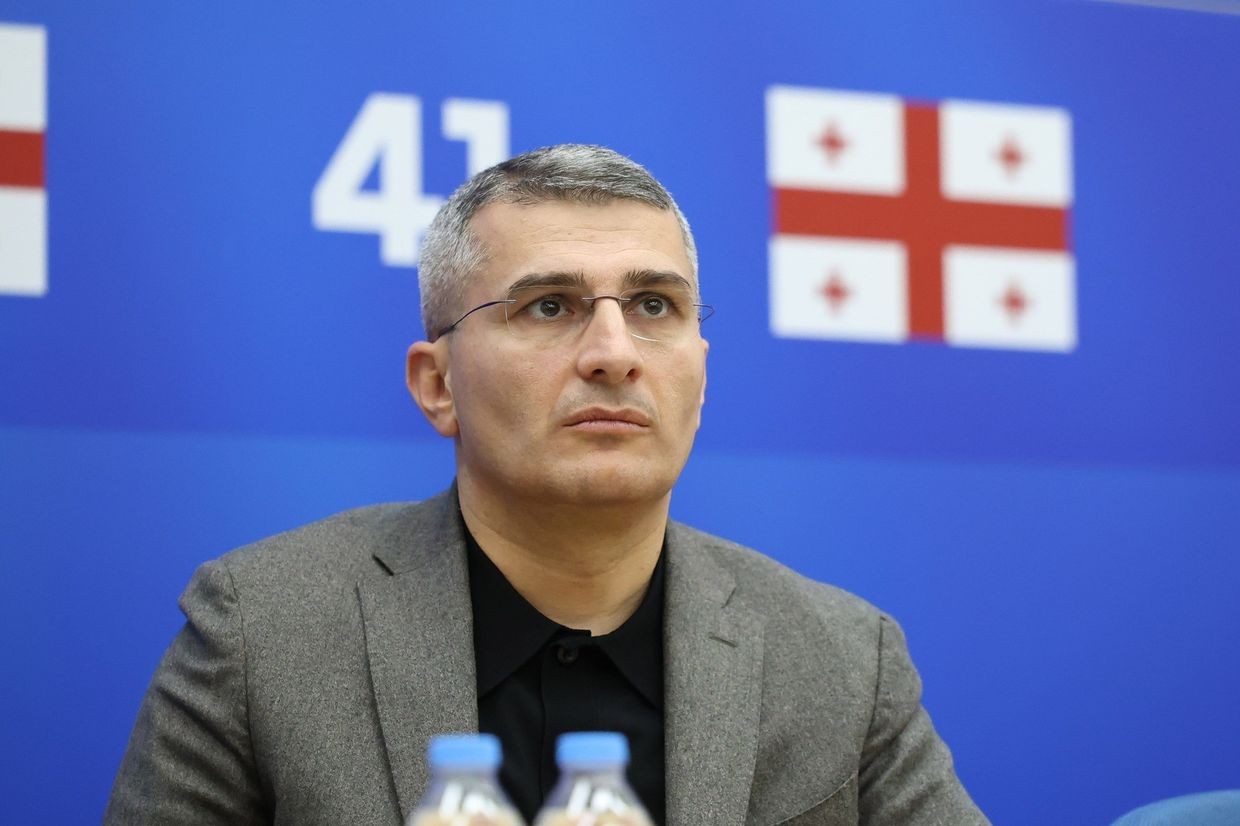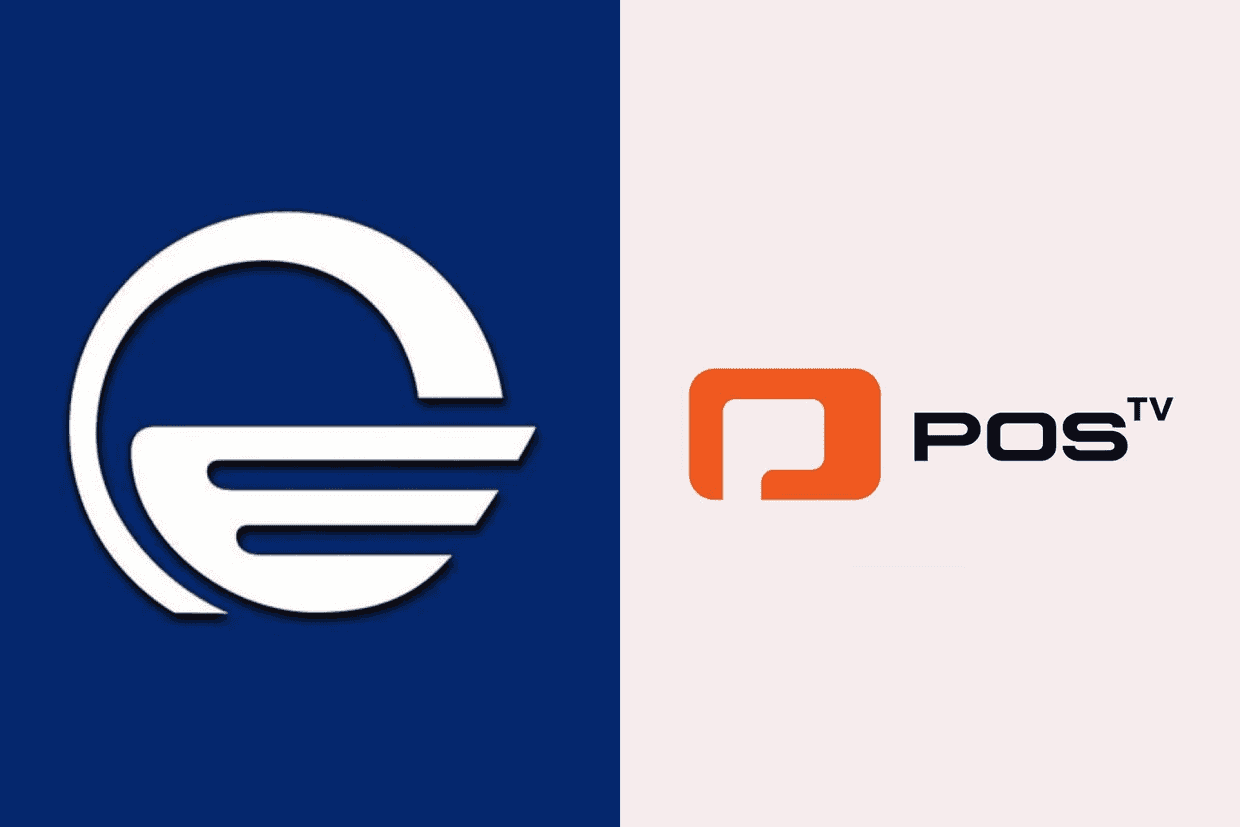Georgian Dream proposes increased administrative detention periods and toughened punishment for attacking officials and police

Georgian Dream has proposed changes to Georgia’s administrative offences and criminal codes, as well as the law on assemblies and demonstrations, that would limit protest areas, increase administrative detention periods and fines, and toughen punishments for attacking police and officials.
Georgian Dream’s executive secretary, Mamuka Mdinaradze, announced the proposed amendments on Monday.
In his announcement, he attacked the government’s perceived opponents, extensively using the ruling party’s well-established conspiratorial and confrontational language. He said that the deep state’s ‘attempt to change the government’ was still ongoing, and that Georgian Dream wanted to protect its officials from these ‘agent networks’.
Mdinaradze said that the planned changes would include:
- The prohibition of protests in closed spaces or buildings without the owner’s prior approval.
- Increase fines for disorderly conduct, vandalism, disobedience to law enforcement, and blocking court entrances, as well as ‘other similar offences’, and increasing the administrative detention periods for these offences up to 60 days.
- Making public incitement to violence punishable by up to three years in prison, whereas it was previously punishable with a fine or community service.
- Extending prison sentences for resisting, threatening, or using violence against police officers, with this crime moving to the category of serious offences and punishable by five to six years in prison. Previously, it was punishable with a fine or house arrest for a period of six months to two years, or imprisonment for a term of two to five years.
- Toughening penalties for attacks on police officers, government representatives, or their family members when committed by a group, repeatedly, or through dangerous means, with these circumstances becoming aggravating factors.
- Introducing a new provision in the criminal code that would punish attacks or threats of violence against political officials, public servants, or other government employees. Mdinaradze did not specify what the punishment for this would entail.
According to the IPN, the party plans to fast-track the discussion of the changes in parliament.
Georgian police frequently detain and fine protesters on administrative charges, including for disorderly conduct. Since the start of this latest wave of protests against the government’s decision to halt EU accession, dozens of protesters were also detained on criminal charges.
According to Mdinaradze, these changes are aimed at correcting ‘legislative amendments of previous times, influenced by pseudoliberal ideologies and external forces, which were directly aimed at undermining and weakening the state and its institutions’.
In parallel with anti-government and pro-European protests, Georgian Dream has already adopted several legislative changes, including those that ban face coverings and the use of fireworks at protests, as well as simplifying the ‘reorganisation’ of the public sector. Georgian Dream officials refer to the dismissal of public employees critical of the government as ‘reorganisations’.
Mdinaradze has added that the changes were only the ‘first part’, and that the ‘process will continue’ until the ‘norms’ imposed by ‘external forces’ end.
Georgian Dream has repeatedly claimed that external forces are controlling Georgia’s opposition, civil society, and independent media.











